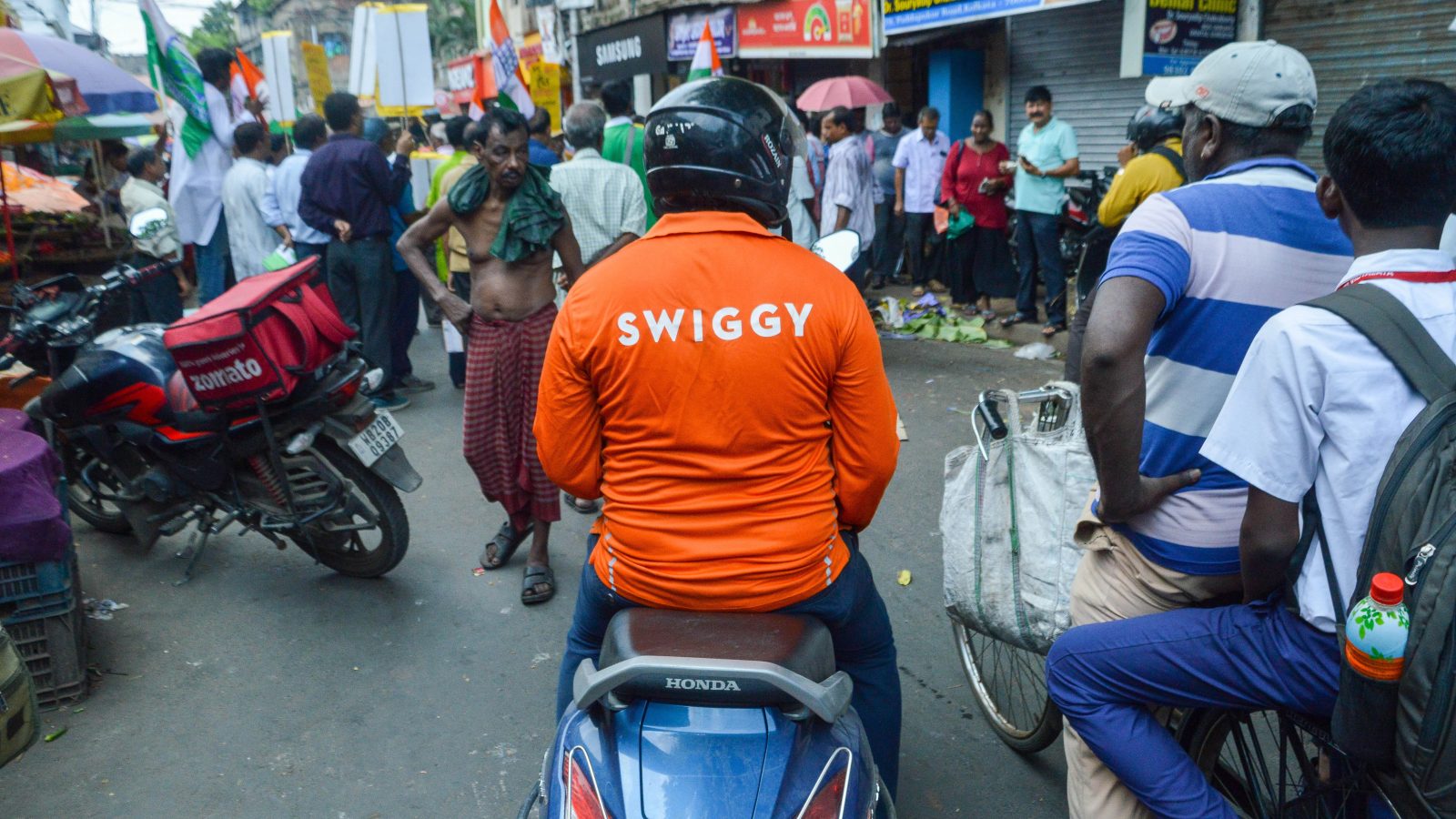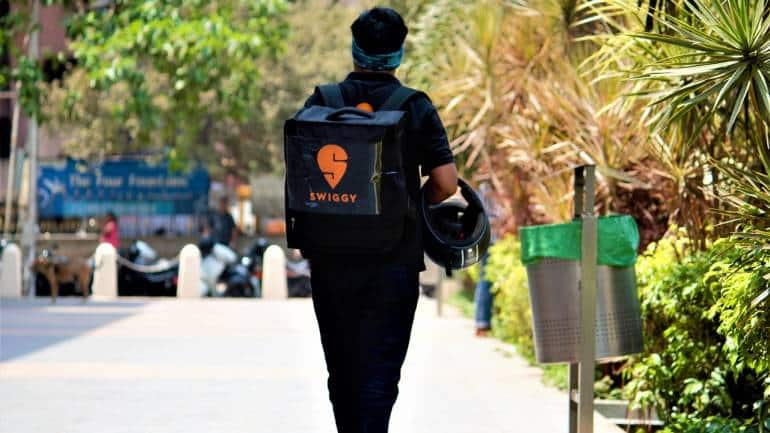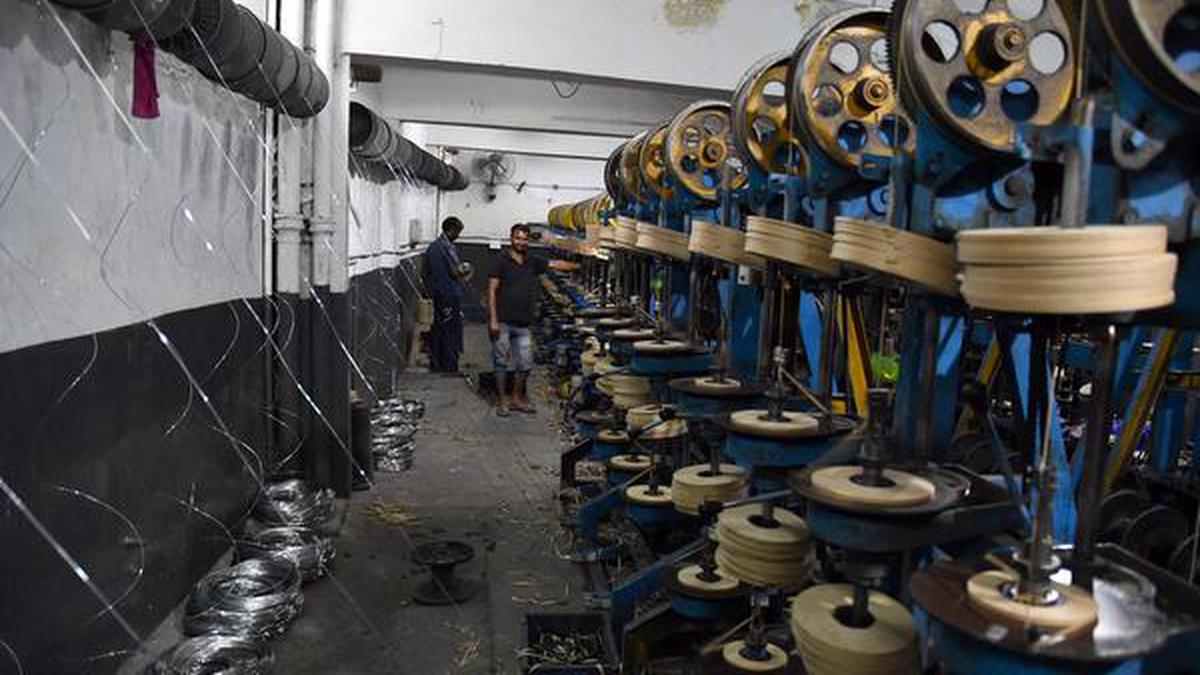
Salutes on International Workers' day!
On this May 1, we start this 101st chapter of Typeright by remembering two things-
The working class's fight for an eight-hour workday was an ongoing issue in the late nineteenth century. It was usual to work unsafely for 10 to 16 hours a day in terrible conditions. While workers' demands for a shorter workweek without corresponding wage cuts began in the 1860s, it wasn't until the late 1880s that organised labour gained the traction necessary to officially announce an eight-hour weekday. Many members of the working class wanted this announcement, even though their employers didn't approve. The Unions decided May 1st, 1886 as the day this would be standardised, and walk-out on strike if this was refused. "Eight Hours for work. Eight hours for rest. Eight hours for what we will," was the demand.
As for India, Labour Day was first celebrated on May 1, 1923, in Chennai (then known as Madras). Two meetings were held— one on the Triplicane Beach and another near the Madras High Court. These were organised by the Labour Kisan Party of Hindustan. The party was founded by Malayapuram Singaravelu Chettiar, who was one of the founders of the Communist Party of India (CPI). It was at these meetings that a resolution was passed urging the British government to declare May 1 as Labour Day and a government holiday. (Source: The Hindu)
Second, we remember Babasaheb Dr Ambedkar, for framing the labour laws that enshrine many of the workers' rights we have today.
"It was Dr Ambedkar who brought in the 8-hour working day to India, bringing it down from 14 hours. He bought it in the 7th session of the Indian Labour Conference in New Delhi, November 27, 1942."
And now, almost halfway into the 2020s, we also need to remember the gig and platform workers, who are unorganised and increasingly becoming a large portion of the workforce. The neo-liberal logic of making workers entrepreneurs and skirting labour laws is a nation-wide, or rather, global trend that pushes several lives into precarity. The factory floors of bonded labour that denoted the era before unionising has now become the streets, where app based workers scramble to hit unrealistic targets and earn paltry incentives that fall short of minimum wage and lets the companies off the hook for providing worker benefits - redefining both the worker and the boss/manager/employer in the process.
As per this study by the NLSIR, "India employs 24% of the global online labour – the most by one single country." This data is one year old, and the numbers now are projected to reach to 25 million in the next five years.
Parminder Singh, from IT For Change, has long advocated how the gig-workers are exploited using the very data they create, which is never made available to them.
“Data gets processed and developed into a finished product—call it intelligence—and embedded into digital products, whether it’s a search engine, Uber, or Amazon. There is a question of which communities are contributing data in this process, and their economic rights to that data [...]
The value in data is derived from its conversion to intelligence. Uber owns the intelligence of the transportation sector. For example, information on valuable data about traffic patterns in a particular city on a specific day. Similarly, Amazon is the brains of the commerce sector. They may not own the production, manufacturing, or service logistics; but rather the intelligence of recurrent aggregate patterns that makes them possible.
The title of this chapter of TypeRight was intended to catch your attention, towards a recent revelation by reporters working with Indian gig platforms - best read in whole from the source report here:
The provision of such incentive-driven, gamified race for basic entitlements and rights makes has you thinking if livelihoods, lives, and health is being made analogous to the achievement in a video-game.
But quoting the first paragraph from the same article to highlight an important point:
Delivery worker Rakesh was dropping off food orders in the southern Indian city of Hyderabad in late January when he received a distressing call from his wife — she was in severe pain. Over the next three weeks, Rakesh had to drop everything to go to hospitals seeking a diagnosis for her. Until then, Rakesh had been a “gold” level gig worker for Swiggy, India’s second-largest food delivery app. He delivered at least 100 orders a week, over 14-hour shifts. The prestigious ranking made him and his family eligible for company-sponsored health insurance, among other benefits. But by the time a gynecologist recommended an urgent procedure — which cost 1,20,000 rupees ($1,440) — for Rakesh’s wife, she was no longer covered by Swiggy’s insurance. He had missed days of work while attending to her health, which caused his app ranking to drop to silver, making his family ineligible for company benefits.
Gamifying incentives are not new for platform apps - what is new is the experiment with entitlements such as insurance and health coverage.
This is definitely one of the most horrific sounding, but certainly not the only recent set of practices and innovations by some of these companies.
Last month, Zomato announced the launch of a 'pure-veg' fleet, with special uniforms and separate bags, colour coded green.
The move was quickly repealed in a few days after people pointed out the particular move being both embroiled in casteism, and concerns raised over the safety of the workers.
Not only does data correlate to an overwhelming majority of the population being meat-eaters, it is argued that the particular basis of a hardline separation of 'pure-veg', such that the restaurant, the menu, the cook, container, bag delivery person, and everything in between should not be contaminated by non-vegetarian, stems from India's specific problem of caste. In fact, several academics from Ambedkar to Kancha Iliah Sheperd, argue the connected roots of caste purity for the 'upper hierarchies' and vegetarianism.
[...] vegetarianism is an everyday boundary-making practice between in-groups and out-groups to maintain and perpetuate Brahminism, its hierarchical logic of caste, and its attendant inequalities. Brahminism is a socio-political worldview that justifies the superiority of Brahmins (priestly castes among Hindus) and the hierarchical caste system prevalent in India [...] and an uncritical acceptance of mainstream vegetarianism in contemporary India as a benevolent cultural preference whitewashes its discriminatory and violent nature, helps the caste system persist, and can undermine the well-being and nutritional outcomes of a majority of the Indian population especially those from non-elite social groups that have historically been omnivorous. (Source)
The repeal was after several people pointed out how societies and Resident Associations would not What this also means in a country with a history of attacks on working class population, particularly from marginalised castes and communities, handling meat - beyond ostracisation and impurity, and moving towards fatalities - needs hardly be told. Mere suspicions are all that it takes for lynch-mobs to attack people, and painting targets red, quite literally, is something the innovators at the big platforms have clearly missed.
Below is a list from Wikipedia on the violence that have taken place in the past ten years over meat.

In other policies that the executives and business graduates at these companies have innovated, we see these:
Now, one can always appreciate how these are well-meaning initiatives on international animal day that makes use of the spread and strength of the company's fleet- but the priority and preference over human life is also equally notable. Especially when pets and pet owners have a different history with gig-workers:
If one were to dig deeper into the crisis of the gig workers, they would reach at a deeper financial crisis at the heart of urban manufacturing.
Post GST, it has been reported that up to 30% of MSMEs have fallen into collapse or dissaray.

Economists have been raising concerns for a while now about the health of MSMEs in India and concern this poses for the economy as a whole and unemployment, particularly after the twin shocks of demonetisation and a poorly implemented GST regime, and then the COVID-19 pandemic and lockdowns it brought with it. Former chief statistician of Indian Pronab Sen recently told Karan Thapar in an interview that the condition of the MSME sector, which accounts for 30% of the economy and perhaps 40% of employment, is the most worrying and critical problem that must be tackled. A lot critically depends on whether new MSMEs are created to replace the approximately 20% that died and disappeared during the pandemic, he added. (Source: TheWire, linked above)
This is in addition to household debt-
India, basically instead of a manufacturing boom that could ride on its recent top-spot in population, is now seeing people instead being unable to leave multiple, exploitative gig-work.


WSJ's claims are substantiated by the gig workers who echo the same - as the same worker tells RestofWorld:
Rakesh, who was previously a farmer, is considering moving back to his village on the outskirts of Hyderabad with his family. After Swiggy refused to pay for his wife’s medical procedure, Rakesh had to take a loan using her jewelry as collateral, and borrow cash from his friends. “I don’t even know why I am doing this [job.] The work stress is way too much with low earnings and no family security,” Rakesh said. “If I move back to my village, I may earn slightly less but I wouldn’t have to work this hard.”
The future for the projected 20 million gig workers looks bleak. And every other worker in the country's rapidly un-organising workforce, with new labour laws that further exacerbating this.
Platformisation of every business and datafication of every service, service provider, and the consumer are leading the modern world of work culture into a worse form of industrial side effects or, worse, digital slavery. Only the mass-scale mobilisation of consumers can bring a sense of citizenship and ethical business practices into the much-maligned digital ecosystem, which is further poised to be even more destructive using AI.
"Workers of the world, unite!" has to include the unorganised, platform, digital, data workers, including the unaware prosumers in this new age of techno-capitalism. Until next week, salutes!
































 might be?](https://sk0.blr1.cdn.digitaloceanspaces.com/sites/1394/posts/714526/dbc8de4c-5c50-411f-aba0-55cfb74a692d.jpeg)

Write a comment ...